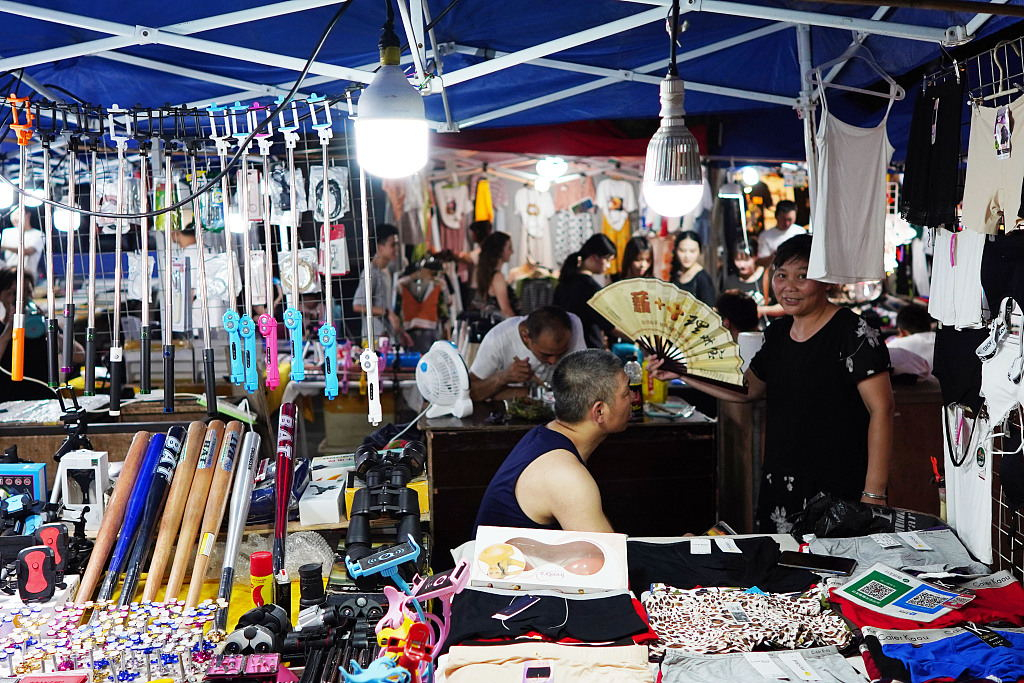

Even when night falls, businesses keep booming. Local governments across China are rolling out measures to stimulate a night-time economy. By encouraging later closing hours at shopping malls and restaurants and reinventing cultural and entertainment activities, the night-time economy is set to boost consumption amid downward economic pressure.
So how big is the market potential? What are the challenges in developing a vibrant night-time economy? And what inspiration can local governments draw from the U.S. and European cities?
Building night-time economies means focusing on social interactions. "Millennials, in particular, are looking for experiences. They're not looking for another massage or something like that… Actually what they're going out is to be with other people. It's a social opportunity, an opportunity to blow off steam, to get together with other young people," said Einar Tangen, a current affairs commentator.
Meanwhile, Professor John Gong from University of International Business and Economics pointed out that "certain people have to live in downtown area and that's the basis for creating a night-time economy… And this is very common here in China, so we have this advantage actually."
He also maintained that certain public services, such as transportation, public security and cleaning services, have to be available at night. "And these things are provided by the city government. So, the city government has to pitch in and to provide things."

A night market in Hangzhou, Zhejiang Province, July 26, 2019. /VCG Photo
Tangen added that "there's a whole bunch of things that go into it (developing night-time economy). It's not just city urban planning."
He emphasized that "one of the problems that Beijing and large cities face in China is that they tend to have blocks, and blocks of residential, and then you have other areas where you have the business, and other areas where you have entertainment, you have restaurant streets where there'll be literally 100, 200 restaurants on one street, but that's not necessarily conducive to the kind of local light nightlife things that you have."
It seems that in China, no matter how good or bad economic performance is, restaurants are always crowded or even overcrowded. As for this phenomenon, John Gong pointed out that in China, people have a tradition of spending money, effort and energy on eating.
"People emphasize eating a lot here in China. It's part of our culture… And also, I think the part of GDP that is coming from the restaurant industry is very high compared to other countries," Gong said.
He also held that "we have a very safe environment here in China… And also, we have people living in downtown areas, so hopefully we're going to see a map of cities in China that never sleep."
(If you want to contribute and have specific expertise, please contact us at opinions@cgtn.com.)

Copyright © 2018 CGTN. Beijing ICP prepared NO.16065310-3
Copyright © 2018 CGTN. Beijing ICP prepared NO.16065310-3